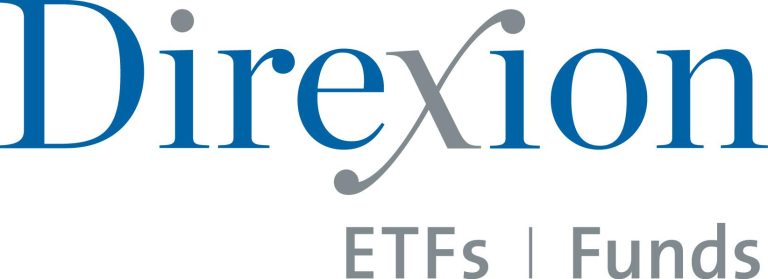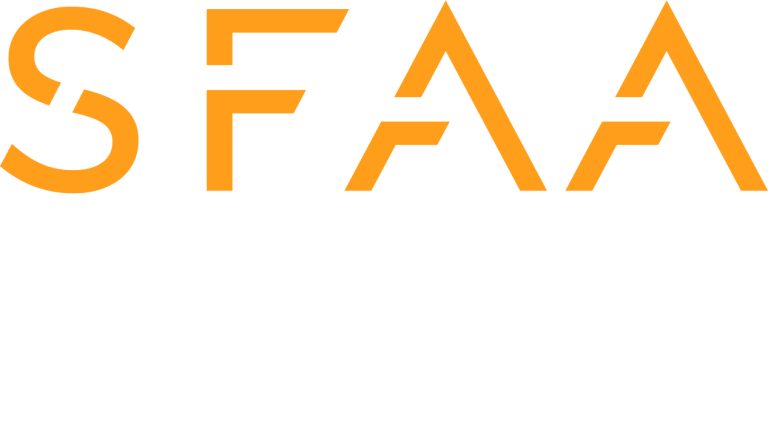
We adhere to strict standards of editorial integrity to help you make decisions with confidence. Some or all links contained within this article are paid links.
A quick Google search reveals that millennials are often characterized as entitled whiners who are quick to complain about their financial struggles — but it’s not a fair assessment.
There’s a reason why millennials — typically defined as between the age of 28 and 43 — are on shakier financial ground compared to previous generations.
Don’t miss
- I’m 49 years old and have nothing saved for retirement — what should I do? Don’t panic. Here are 5 of the easiest ways you can catch up (and fast)
- Thanks to Jeff Bezos, you can now become a landlord for as little as $100 — and no, you don’t have to deal with tenants or fix freezers. Here’s how
- Gain potential quarterly income through this $1B private real estate fund — even if you’re not a millionaire. Here’s how to get started with as little as $10
A study from Allianz shows that, while boomers have been able to benefit from periods of strong economic growth, millennials have been hit with one financial crisis after another since reaching an age when it was finally possible to start saving and growing their wealth. A study in the American Journal of Sociology found that millennials have 30% less wealth at age 35 than boomers did.
Here’s how society’s “biggest losers” can get ahead even after multiple setbacks — and what Americans of any age can learn from their struggles.
Why millennials got a raw deal
Millennials have had a number of economic factors working against them over the years.
During the Great Recession (2007-2009), many millennials were in their 20s, facing high unemployment, stalled careers, and mounting student loan debt. Unlike boomers, who attended college when costs were low, millennials faced steep tuition, with average public college costs rising from $514 in 1973-1974 to $4,587 in 2003-2004.
The job market’s slow recovery and low interest rates further hindered millennials’ savings efforts, while higher rates in the 1970s helped boomers build wealth. The pandemic didn’t help matters.
However, millennials can navigate these obstacles and maximize the longevity of their future nest egg or any other long-term financial goals by seeking a trusted financial advisor — and finding one doesn’t need to be a long, stressful process.
Advisor.com simplifies the search process by connecting individuals with an exclusive network of fiduciary advisors, each dedicated to transparency and held to high ethical standards.
All you have to do is answer a few simple questions regarding your finances and long-term goals, and Advisor.com will connect you with a vetted expert near you who is best suited for your needs. You can then set up a free, no-obligation consultation to see if they’re the right fit for you.
How millennials can get ahead
Personal finance expert Suze Orman stresses that the key to building wealth lies in compound interest.
“Their priority is their youth, their priority is time,” Orman once told Moneywise, highlighting that compounding over time is crucial to financial freedom.
For example, saving just $100 a month starting at age 35 with a 12% annual return could grow to $300,000 by retirement age, Orman explained. While still below the $1.46 million Northwestern Mutual recommends for a comfortable retirement, it’s a step toward catching up after economic setbacks.
Millennials can also make up lost ground with real estate, which offers robust growth potential whether through homeownership or through other investments like real estate crowdfunding platforms and real estate investment trusts (REITs). REITs allow for real estate investment without needing to buy physical property, making them an accessible option for beginners with even modest funds.
Read more: Want an extra $1,300,000 when you retire? Dave Ramsey says this 7-step plan ‘works every single time’ to kill debt, get rich in America — and that ‘anyone’ can do it
Investing in real estate without buying a property
In fact, there are emerging platforms that simplify real estate investing further, offering flexible options to invest in large-scale real estate projects without the traditional barriers to entry. These services open up new opportunities to grow wealth and diversify portfolios.
You can tap into this market by investing in shares of vacation homes or rental properties through Arrived.
Backed by world-class investors including Jeff Bezos, Arrived allows you to invest in shares of vacation and rental properties, earning a passive income stream without the extra work that comes with being a landlord of your own rental property.
To get started, simply browse through their selection of vetted properties, each picked for their potential appreciation and income generation. Once you choose a property, you can start investing with as little as $100, potentially earning quarterly dividends.
And you aren’t limited to residential opportunities when it comes to income-producing real estate.
If you’re an accredited investor looking for larger returns through commercial real estate, First National Realty Partners (FNRP) could be a better fit with a $50,000 minimum investment requirement.
Specializing in grocery-anchored retail, FNRP offers a turnkey solution for investors, allowing them to passively earn distribution income while benefiting from the firm’s expertise and deal leadership.
FNRP has developed relationships with the nation’s largest essential-needs brands, including Kroger, Walmart and Whole Foods, and provides insights into the best properties both on and off-market. And since the investments are necessity-based, they tend to perform well during times of economic volatility and act as a hedge against inflation.
You can engage with experts, explore available deals and easily make an allocation, all in one personalized, secure portal.
Building your nest egg with gold and high-interest savings accounts
With another 20-25 years in the workforce, even older millennials have time to grow their retirement savings through increased IRA or 401(k) contributions and smart investing. Even so, with rising living costs and economic uncertainty, it’s important to consider different ways to secure your financial future.
Many investors are seeking more diversified strategies, such as gold IRAs, to provide stability and protect their savings against inflation and market fluctuations.
Additionally, high-interest savings accounts have become a more attractive option for those looking to boost their savings with minimal risk.
If you’re keen on making gold a key part of your retirement strategy, consider opening a gold IRA. This retirement account can help you stabilize your finances by allowing you to invest directly in physical precious metals rather than stocks and bonds.
Priority Gold is an industry leader in precious metals, offering physical delivery of gold and silver. Plus, they have an A+ rating from the Better Business Bureau and a 5-star rating from Trust Link.
If you’d like to convert an existing IRA into a gold IRA, Priority Gold offers 100% free rollover, as well as free shipping, and free storage for up to five years. Qualifying purchases will also receive up to $10,000 in free silver.
To learn more about how Priority Gold can help you reduce inflation’s impact on your nest egg, download their free 2025 gold investor bundle.
On the other hand, if you’re looking for a more accessible and hands-off approach to saving and investing, platforms like Acorns offer a great solution.
Acorns makes it easy to grow your savings by automatically rounding up your everyday purchases to the nearest dollar and investing the change into a diversified portfolio. It’s a simple way to start investing without even thinking about it.
And the investing options with Acorns don’t end there. You can also open an IRA with Acorns Later and reap the tax benefits that are associated with registered retirement accounts. Acorns Silver plan offers a 1% IRA match on new contributions, while the Gold plan, you can get a 3% IRA match.
And with a $20 bonus for signing up, it’s an easy entry point to begin investing toward your long-term goals while still managing the demands of daily expenses.
What to read next
- Don’t have the cash to pay Uncle Sam in 2025? You may already be eligible for a ‘streamlined’ handshake with the IRS — here’s how it works and how it can potentially save you thousands
- Here are 5 ‘must have’ items that Americans (almost) always overpay for — and very quickly regret. How many are hurting you?
- Robert Kiyosaki warns of a ‘Greater Depression’ coming to the US — with millions of Americans going poor. But he says these 2 ‘easy-money’ assets will bring in great wealth. How to get in now
This article provides information only and should not be construed as advice. It is provided without warranty of any kind.


